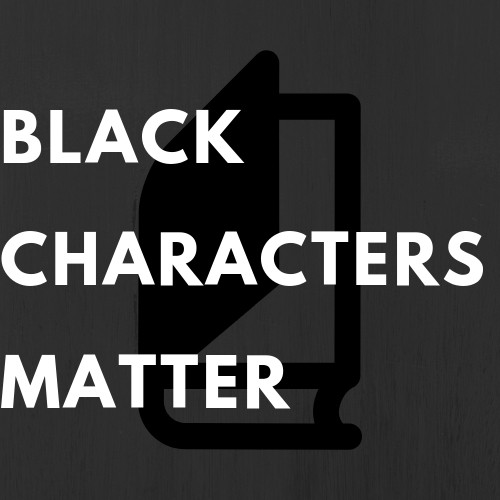Young Adult literature, or YA, has been a genre dominated by white authors and characters, but this is changing. In the past couple of years, two debut novels by African-American women have taken the YA world and bestseller lists by storm: The Hate U Give by Angie Thomas (2017) and Children of Blood and Bone by Tomi Adeyemi (2018). If you haven’t read them yet, you should.
The Hate U Give follows the story of Starr Carter, whose childhood best friend Khalil is shot and killed by the police, after being pulled over on the way home from a party. Khalil was unarmed and Starr is the sole witness to the murder. Despite her grief and fear, Starr pursues justice for her friend, all while maintaining her schoolwork, friendships, and relationships. The Hate U Give was bid on by thirteen different publishers before Thomas accepted a six-figure advance. It has received literary acclaim too, with eight starred reviews and a handful of awards, including the Coretta Scott King and the Michael L. Printz honor awards. In 2017, it was the fourth bestselling YA novel and continued to dominate the charts in 2018 as the year’s top-selling YA novel. A movie adaptation was released in October 2018.
Coming out a year later, Children of Blood and Bone has met similar success. Tomi Adeyemi accepted a massive seven-figure preempt for the book and movie rights. The novel received five starred reviews and has topped the bestseller lists—it was the fourth most sold YA novel of 2018. Adeyemi has confirmed that this is the first of a trilogy, so her name is unlikely to leave the tops of the charts any time soon.
On the surface, these novels are different. Children of Blood and Bone is a high fantasy novel that follows Zélie across Orïsha as she tries to restore magic to the divîners, who have been stripped of their powers—sometimes their families and lives—by a cruel and oppressive government. But both novels are rooted in the politics of Black Lives Matter, more obviously in The Hate U Give and allegorically in The Children of Blood and Bone. In an afterword, Adeyemi asks her readers “If you cried for [redacted—no spoilers here!], cry for innocent children like Jordan Edwards, Tamir Rice, and Aiyana Stanley-Jones.” Both novels are compelling and timely as the United States continues to grapple with issues of race and social justice in a volatile political climate.
The success of The Hate U Give and Children of Blood and Bone has wide-reaching implications and echoes trends seen in other media such as the box office success of Marvel’s Black Panther. These novels show that readers want stories by and about people of color—Thomas and Adeyemi are among many in a growing canon of non-white YA authors. These novels also show that readers want stories that are diverse and political. Beyond having immense social value, these novels show publishers that they have commercial viability too.
Representation is important—it builds self-esteem in those who are represented positively. But the benefits of representation go beyond just those who see themselves in characters like Starr and Zélie. Preliminary research shows that reading literary fiction not only helps develop a more complex theory of mind but can also help reduce racial bias. I’m crossing my fingers that the teens reading The Hate U Give and Children of Blood and Bone today grow up to be adults who use their voices and power to change the world for the better.

